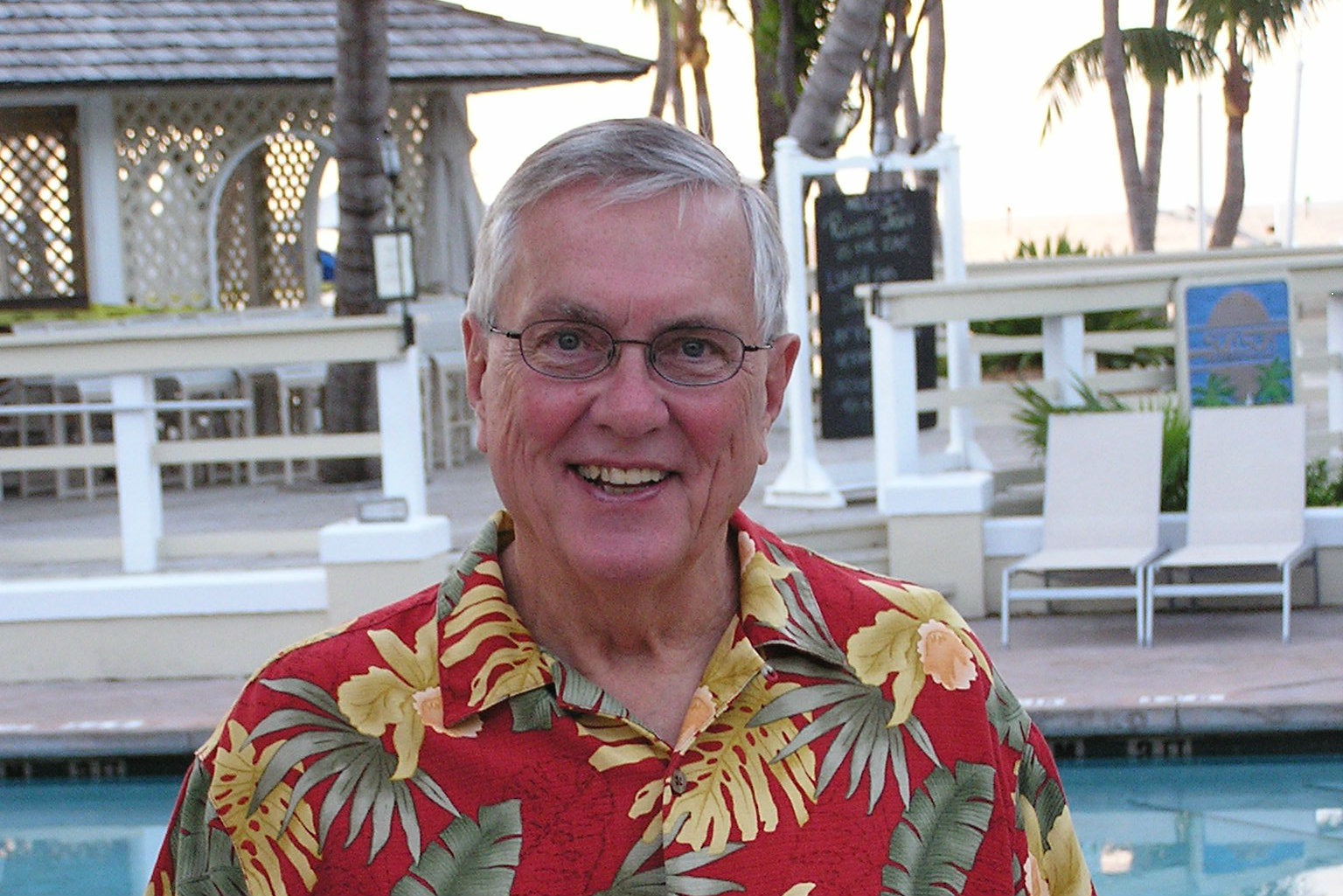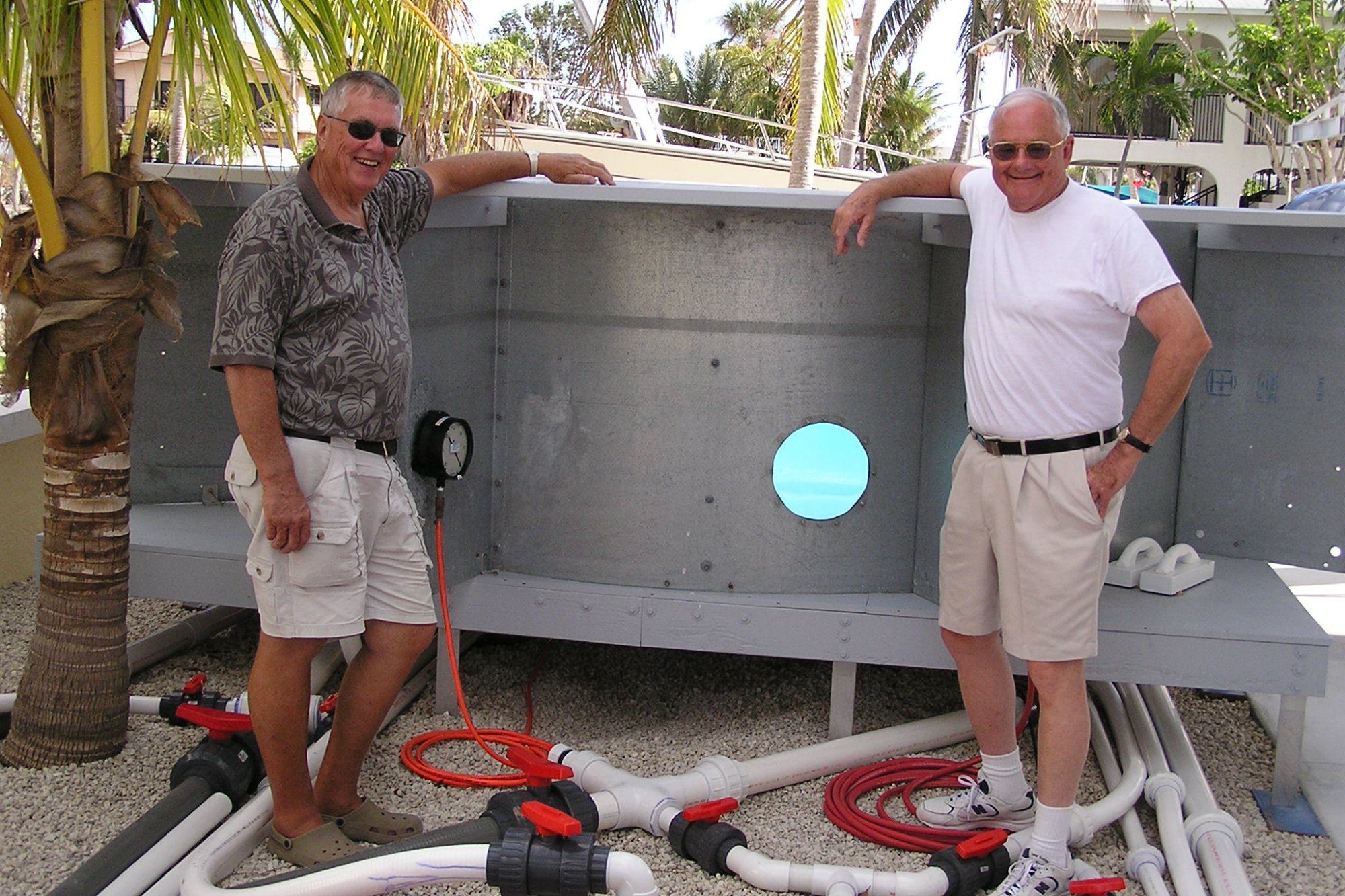
Don Witte, who contributed to swimming pool and spa standards for more than 40 years and performed some of the first suction entrapment tests, died in his sleep Nov. 19. He was 80.
“He was clearly one of the legends,” said Steve Barnes, chairman of the APSP Technical Committee. “But he was so humble, he never talked about [his achievements].”
Donald Henry Witte (pronounced like witty) was born July 30, 1936 in Waterloo, Iowa and grew up in Fairmont, Minn. After attending the University of Minnesota in Minneapolis, he worked as a mechanical engineer in the Twin Cities, specializing in machine design.
In 1970, he joined vinyl-liner pool manufacturer Fox Pool Corporation as its director of engineering and product development. He remained until 1979, when he founded his own manufacturing firm, called Pooltech.
In 1984, Witte began his career as an expert witness and consultant for personal injury litigation involving pools and spas, a role he played until his passing.
Witte also was an inventor, holding 15 U.S. patents, most related to pools. He also capitalized on his engineering training in his volunteer work with the industry. For 40 years, he served on various APSP committees dedicated to writing or updating codes and volunteer standards. He served on the board of the National Swimming Pool Foundation for nine years. “I think you will find his fingerprints all over major issues,” Barnes said.

Don Witte (left), with frequent collaborator William Rowley at a test pool built on Witte's property.
Among Witte’s peers, he was known for his passion regarding safety. Along with others in the industry, including his frequent expert-witness partner, Bill Rowley, Witte built a test pool at his second home in Florida, helped by a grant from NSPF. There, he and his collaborators would test pool drains by enacting hypothetical entrapment incidents to help inform industry standards and local codes. In this regard, Witte was a pioneer: He worked with Rowley to perform this style of testing decades before the issue of entrapment came to the fore.
But, being in Florida, the test pool was subject to storms. “A hurricane came through, and one of the palm trees he had fell down, right across the test tank, and crushed it,” said Rowley, of Rowley Forensic Engineering in Palos Verdes Estates, Calif. “… We went down and put the whole thing back together and we lived to fight another day!”
All Witte’s effort came from a deep-seated conviction, said Tom Lachocki, CEO of NSPF. “Most of the driver behind his engagement with standards was if it could save a kid’s life, it was worth the effort.”
He also was known for his depth of knowledge and meticulous attention to detail. “I never met anyone who knew the codes and swimming pool regulations better than Don.” Rowley said.
At least two well-placed industry executives credit Witte for changing the course of their careers. In 2003, Witte had a seemingly casual conversation with Lachocki where, it became clear, he was trying to gauge Lachocki’s interest in taking over the stewardship of the National Swimming Pool Foundation.
“I expressed an interest that I may do something different at some point in my life,” Lachocki said. “And he put my name in with head hunters for NSPF, which was looking for a new CEO.”
Additionally, Barnes said Witte sniffed him out as a potential APSP Technical Committee chairman before Barnes even realized he had an interest. “It was Don who had painted a vision for me that we have a great industry that’s kind of immature and needs more science-based standards,” said Barnes, also director of science and compliance at AquaStar Pool Products in San Diego.
In November, the Association of Pool & Spa Professionals recognized Witte’s accomplishments by naming him an APSP Fellow, for his work to help elevate industry professionalism.
“He was always trying to be part of the solution and not part of the problem,” Rowley said. “He was a really creative and inventive thinker.”